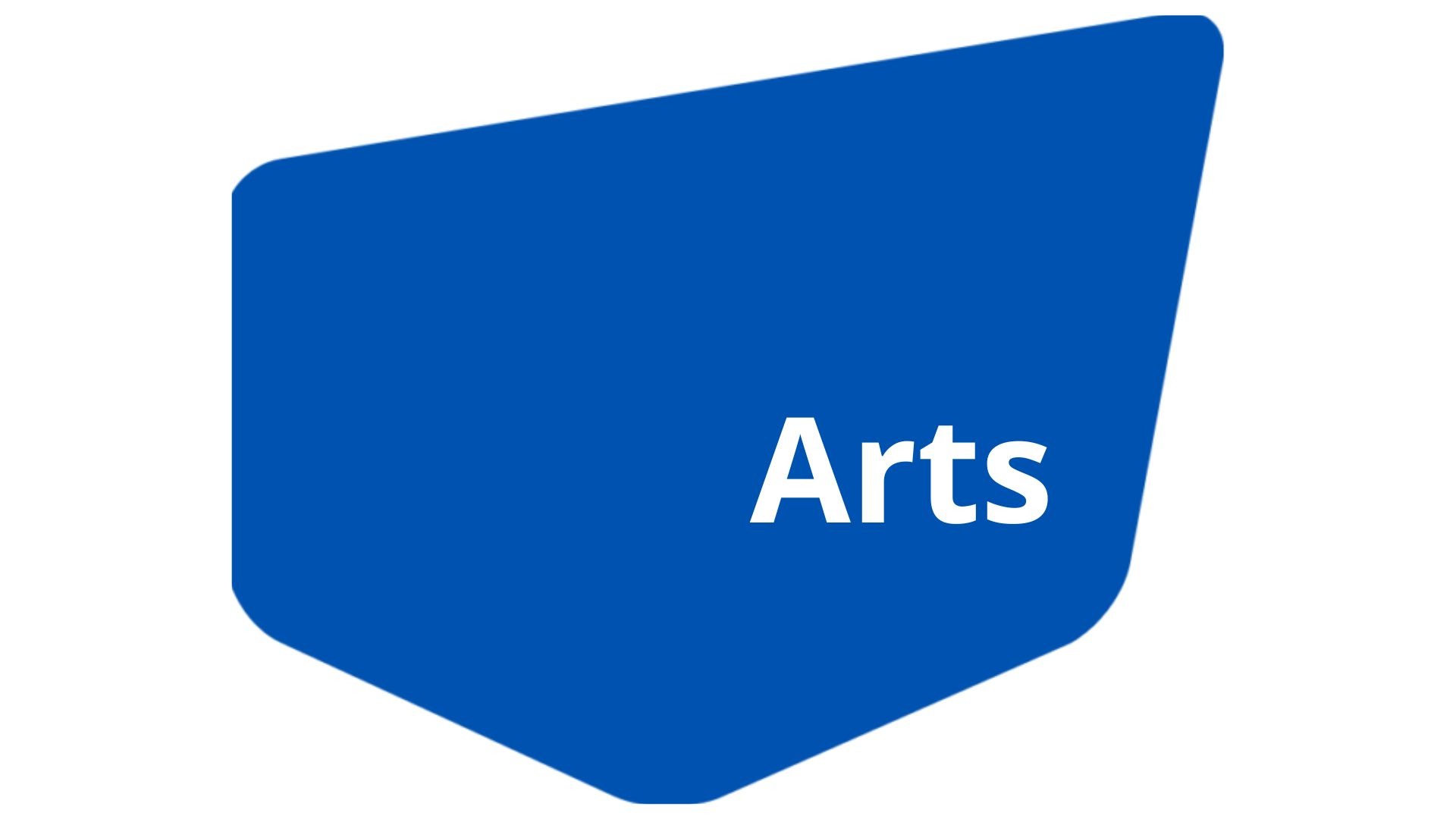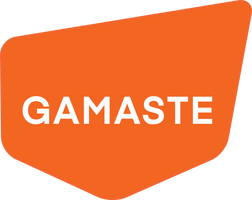
Juin 2024 - Arts - Shader Authoring for Artists - From Basics to Advanced Techniques (Ben Cloward)
Formation créée le 16/01/2024. Dernière mise à jour le 06/05/2024.
Version du programme : 1
Programme de la formation
Learn shader creation in a hands-on learning experience from Ben Cloward, a game industry veteran. This class includes basics such as node functionality, and texture compression, but also covers more advanced topics like water and weather shaders. June 10th 2024 in Paris - June 12th 2024 in Lyon
Objectifs de la formation
- Learn the fundamentals of shader creation including a firm understanding of node functionality and texture compression.
- Create a set of powerful shaders that can be used used directly in current projects
- Be inspired to push beyond the provided material to create more unique and advanced shaders
Profil des bénéficiaires
- Technical Artists
- Artists
- Basic understand of game asset creation
- Experience using a common game engine such as Unreal or Unity
Contenu de la formation
-
Basics of Physically-based Rendering
- A brief explanation of lighting and light types
- An overview of the material input properties - base color, smoothness, metallic, ambient occlusion
- How the material properties work in the game engine
-
Textures and Texture Packing
- The most common texture types
- Texture compression and what compression to use for each texture type
- Explain texture packing for improved shader performance
-
Shader Node Overview with examples
- The top 10 most commonly used nodes and what they’re used for - including examples.
-
Creating Three Basic Shaders
- Animated UV Distortion
- Flipbook Animation
- Environment Material Blending
-
Creating a Rock Shader
- Basic Textures, texture packing, and compression
- Adding Micro Detail to the rock shader
- Adding Macro Detail
- Environment Blending
-
Creating a Rain Shader
- Making surfaces look wet
- Adding animated rain drops to surfaces
- Creating puddles with wind and rain ripples
-
Creating a Water Shader
- Looking at reference of water and identifying the key features
- Adding ripples to the water surface
- How to measure water depth and use it for color and opacity
- Adding reflections to the water surface
- Refracting objects below the water’s surface
Ben Cloward is a Senior Technical Artist at Unity where he works as the Product Owner for Shader Graph - a tool that enables artists to create shaders with a node-based interface. Previous to Unity, Ben worked at BioWare for 14 years with a focus on shaders, rendering, and performance. At Bioware, he made major contributions to both Star Wars: The Old Republic and Anthem. He has a total of 25 years of game industry experience as an animator, artist, and technical artist and is credited in more than 10 shipped titles. In 2003, Ben began learning to create shaders as a hobby. In 2006 he began work with Kees Rijnen on what would become the ShaderFX plugin for 3ds Max. ShaderFX is a tool that allows artists with no programming experience to create real-time shaders. It was later bought by Autodesk and is now the primary method to create real-time shaders in both 3ds Max and Maya. Ben loves to share what he has learned. He publishes weekly YouTube videos that teach viewers basics and more advanced techniques in shader authoring. His channel has over 200 videos, more than 50,000 subscribers, and over 3.5 million views.
